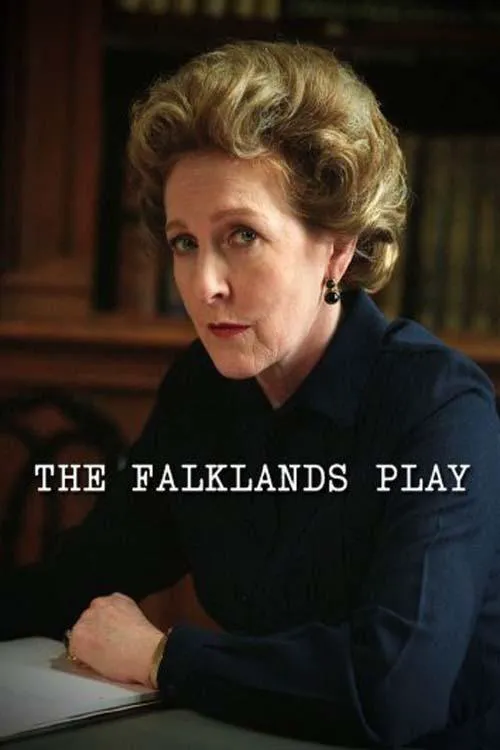The Falklands Play

Plot
The Falklands Play is a gripping drama that delves into the complexities of the 1982 Falklands War, a pivotal event in British history. The story begins in the early 1970s, as the Argentine military dictatorship, led by General Jorge Videla, becomes increasingly assertive in its claims to the Falkland Islands, a British overseas territory in the South Atlantic. At the same time, the British government, under Prime Minister Margaret Thatcher, is facing growing economic uncertainty and rising unemployment, which fuels public discontent and calls for a strong leader. As tensions rise, the play's narrative shifts to the events leading up to the invasion, highlighting the diplomatic efforts and failed negotiations between Britain, Argentina, and the United States. Ian Curteis's script masterfully weaves together the various perspectives of key players, including Argentine military leaders, British politicians, and diplomats. The Falklands crisis accelerates when, on April 2, 1982, Argentine forces, led by General Leopoldo Galtieri, launch a surprise invasion of the Falkland Islands. Britain's initial response is slow, but as the full extent of the Argentine invasion becomes clear, public opinion turns firmly against Argentina, and the British government is compelled to take military action. The play vividly portrays the British government's internal debates, including the role of Margaret Thatcher, her closest advisors, and other key cabinet members. As the conflict escalates, it becomes clear that Thatcher is determined to defend the Falklands, seeing it as a symbol of British sovereignty and an opportunity to demonstrate her leadership credentials. However, the Argentine military is equally resolute in its determination to claim the Falklands, and the play depicts the bravery and sacrifice of both sides, as well as the human cost of the conflict. The story includes harrowing scenes of war, loss, and desperation, from the initial Argentine invasion to the eventual British military victory on June 14, 1982. Throughout the narrative, Curteis's writing highlights the diplomatic efforts of the British government, the involvement of the US, and the United Nations' attempts to broker a peaceful resolution to the crisis. He also sheds light on the Argentine government's motives and the military's internal struggles. One of the notable aspects of The Falklands Play is its portrayal of the tensions and machinations within the British government, particularly between Margaret Thatcher and her cabinet members. While some characters are more sympathetic than others, the play presents a nuanced and multifaceted exploration of the decision-making process that ultimately led to the Falklands War. The play's focus on politics and diplomacy makes it a gripping drama about power, leadership, and the complexities of international relations. By exploring the events leading up to and during the Falklands War, Curteis provides a thought-provoking and deeply human story that will continue to resonate with audiences today. Ultimately, The Falklands Play is a compelling drama that brings to life the events that led to one of the defining conflicts of the late 20th century. With its engaging narrative, well-developed characters, and exploration of key themes and motivations, this powerful drama offers a timely reminder of the enduring power of politics and diplomacy in shaping global events.
Reviews
Recommendations



